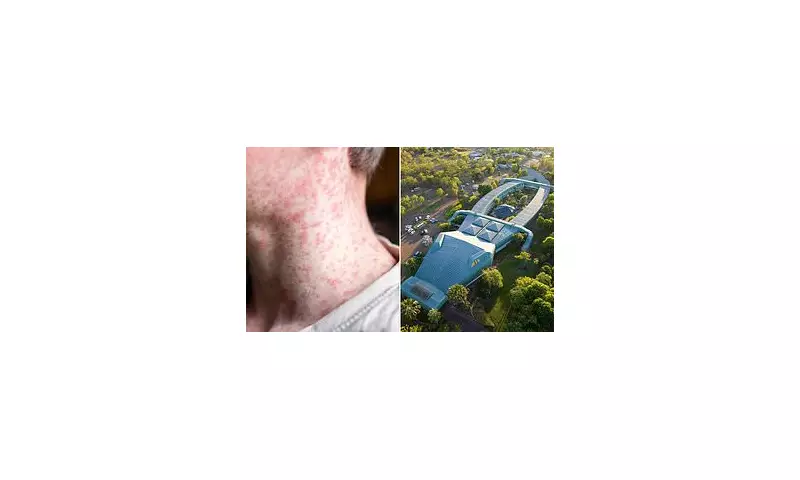
Measles Outbreak Sparks Urgent Health Warning in Northern Territory
Health authorities in the Northern Territory have issued an urgent public health alert following a concerning rise in measles cases. The highly contagious viral infection, which was once nearly eradicated in Australia, is making a dangerous comeback.
What You Need to Know About the Current Outbreak
The Northern Territory's Department of Health has confirmed multiple cases across the region, with fears the number could rise rapidly. Measles spreads through airborne droplets and can remain infectious in the air for up to two hours after an infected person leaves the area.
Symptoms to Watch For:
- High fever (often over 40°C)
- Runny nose and cough
- Red, watery eyes (conjunctivitis)
- A distinctive red, blotchy rash that typically appears 3-4 days after initial symptoms
Why This Outbreak Is Particularly Concerning
Public health experts warn that declining vaccination rates in recent years have created vulnerable populations. "One infected person can spread measles to 12-18 others in an unvaccinated community," explains Dr. Sarah Thompson, Chief Health Officer for the Northern Territory.
The disease can lead to serious complications, especially in young children and immunocompromised individuals, including pneumonia, encephalitis, and in rare cases, death.
Protection and Prevention
Health officials strongly recommend:
- Checking your vaccination status - two doses of MMR vaccine provide 99% protection
- Keeping children home if they show symptoms
- Practising good hand hygiene
- Seeking immediate medical advice if measles is suspected (call ahead to prevent spread in waiting rooms)
Free vaccination clinics are being set up across the Northern Territory to help contain the outbreak. Authorities urge all residents to take this health threat seriously and act promptly to protect themselves and their communities.





